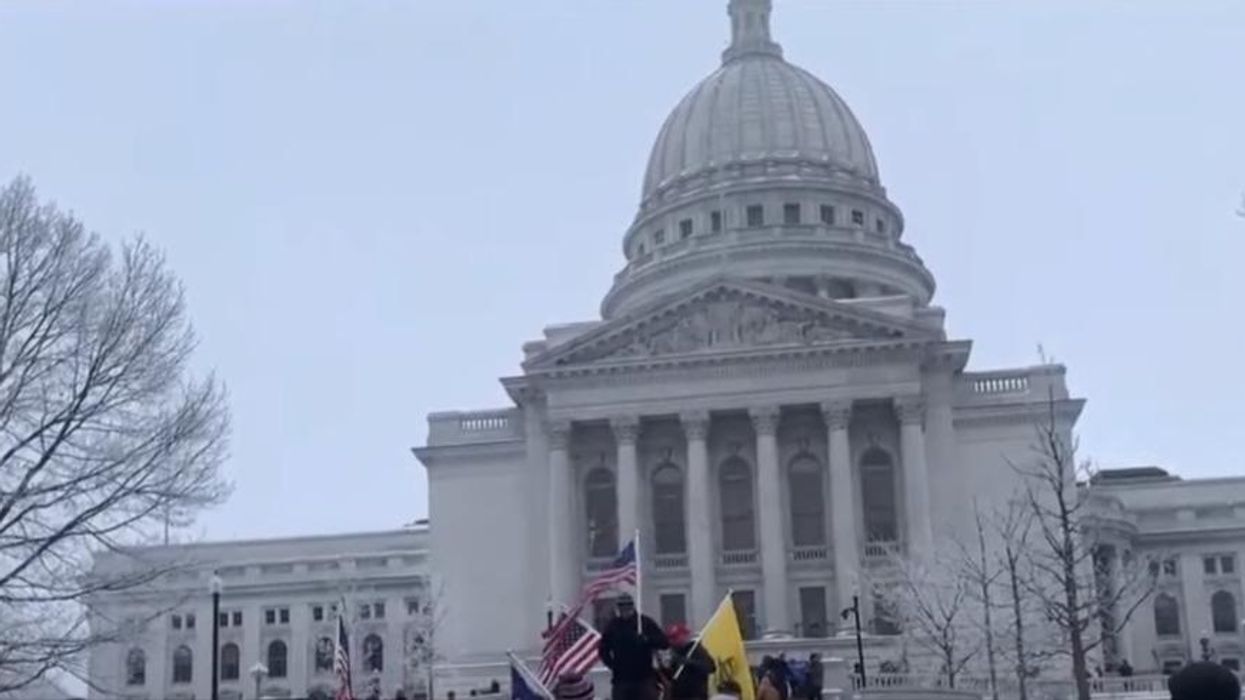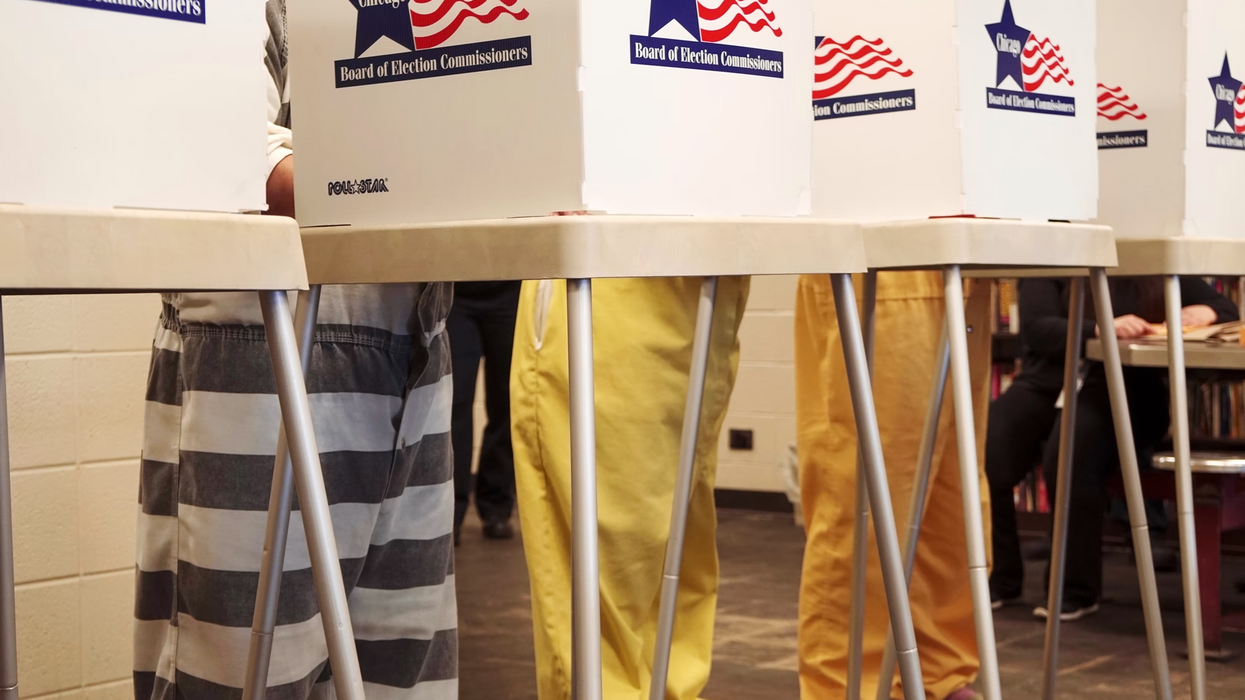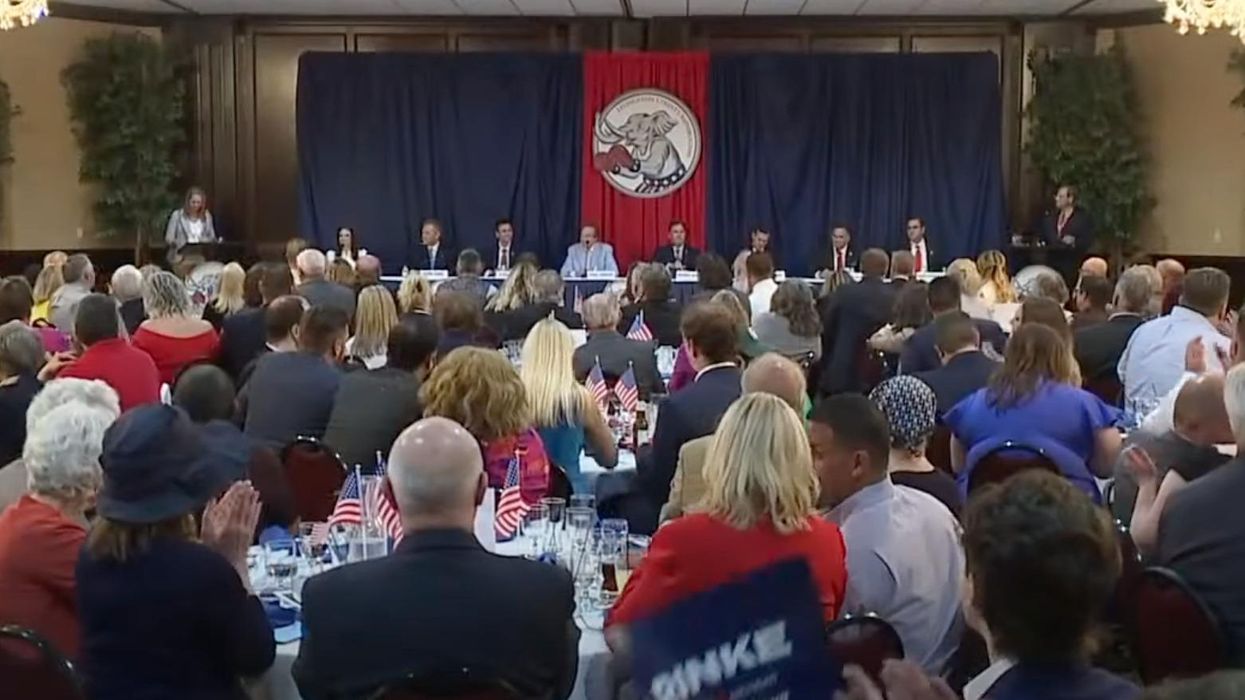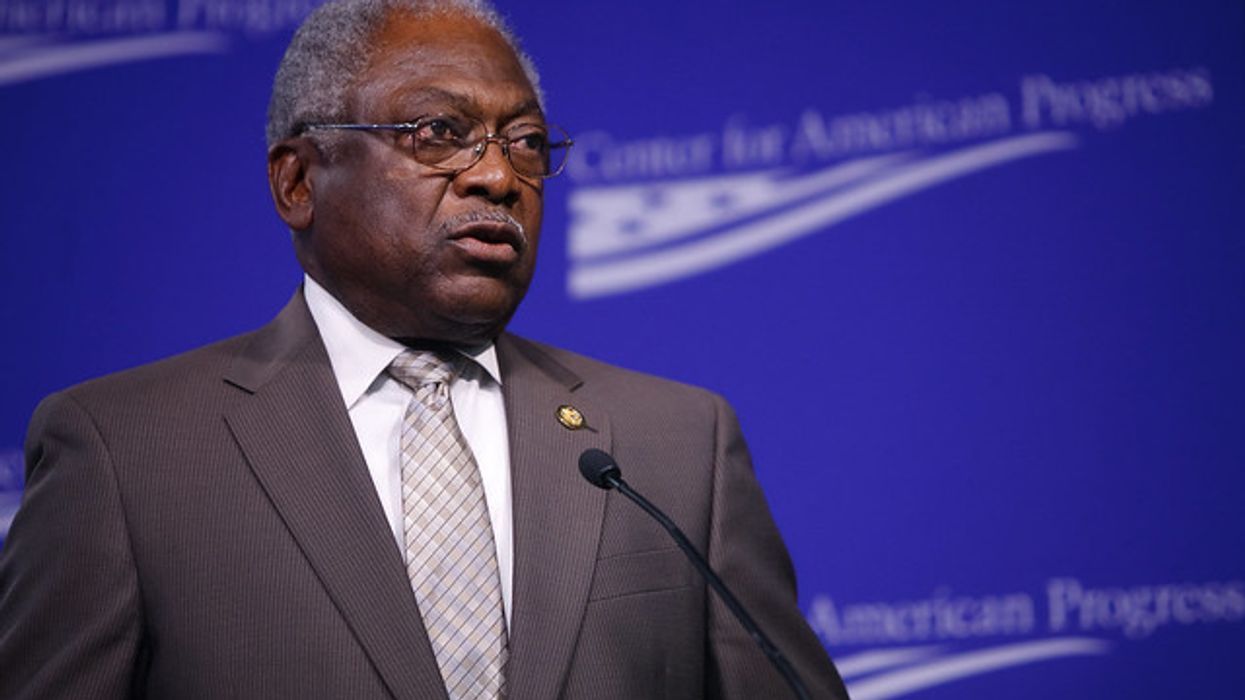Abortion And Voting Rights At Risk In Wisconsin Supreme Court Election
The fate of abortion rights, voting rights, and fair congressional and legislative districts depend on the balance of conservative and liberals on the court.
Voters will head to the polls on February 21 to determine the two candidates who will face off for an open seat on the Wisconsin state Supreme Court. The outcome of the general election for the seat in April will have sweeping consequences for abortion rights, voting rights, and whether Wisconsin will continue to have congressional and legislative district maps that disproportionately benefit Republicans.
Currently, conservatives have a 4-3 majority on the court. However, conservative Justice Patience Roggensack is retiring. If a liberal justice wins the seat she is vacating, it will shift the court's balance of power to liberals for the first time since 2008.
Since the Supreme Court is likely to hear a case challenging a law enacted in 1849 that bans abortion in Wisconsin, the outcome of the election could determine whether it will remain illegal to perform an abortion in the state.
The two liberal justices running for the open seat, Everett Mitchell and Janet Protasiewicz, support abortion rights. The conservative justices running for the seat, Jennifer Dorow and Daniel Kelly, do not support abortion rights.
EMILY's List, a group that works to elect pro-abortion rights Democratic women to all levels of government, has endorsed Protasiewicz.
"The rights and freedoms of millions of Wisconsinites hinge on a Wisconsin Supreme Court committed to reproductive freedom, democracy, and voting rights for all," Emily's List President Laphonza Butler said in the statement. "Protasiewicz has been a champion for Wisconsinites for over 35 years, and we have full confidence in her dedication to fairly interpreting the law and standing up to extremism. We are proud to support her in this race."
Dorow told a right-wing radio host that she supported the U.S. Supreme Court's decision in Dobbs v. Jackson Women's Health Organization in June that overturned the affirmation of a constitutional right to abortion in the landmark Roe v. Wade decision, paving the way for states to ban abortions before fetal viability, which is considered to be around 24 weeks' gestation. In a 2012 blog post, Kelly wrote that he believes abortion "involves taking the life of a human being" in order to "preserve sexual libertinism."
Also at stake is whether Wisconsin will have fair state legislative and congressional district maps.
In the last round of redistricting, the already gerrymandered Republican state legislative majorities drew maps heavily skewed to benefit Republican candidates. In fact, the Princeton University Gerrymandering Project gave the state's map an F grade for partisan fairness.
Democratic Gov. Tony Evers vetoed the maps, but in April 2022, the 4-3 conservative majority chose a map drawn by Republicans, which, University of Wisconsin–Madison law professor Robert Yablon said, means Democrats will in the next decade "have virtually no chance of taking control of the Legislature."
If liberals win a majority on the court, the maps could once again be challenged.
Protasiewicz, who has raised the most money in the race, has called the maps rigged.
"My values are that I protect democracy, that I believe everybody's vote should count, that currently I don't think that the maps are fair — I actually think they're outrageously unfair," Protasiewicz told the Washington Post.
Voting rights are also at stake in the state Supreme Court race.
In 2022, the 4-3 conservative majority banned ballot drop boxes for mail-in ballots, ruling that they are "illegal under Wisconsin statutes."
Republicans had challenged the use of ballot drop boxes in the 2020 election, after former President Donald Trump baselessly linked them to voter fraud. However, an Associated Press review of the 2020 election was among the studies that found drop boxes were not a part of the supposed widespread voter fraud that in fact did not exist.
A liberal majority on the court could overturn the ban on ballot boxes should voting rights advocates bring a challenge.
Reprinted with permission from American Independent.




